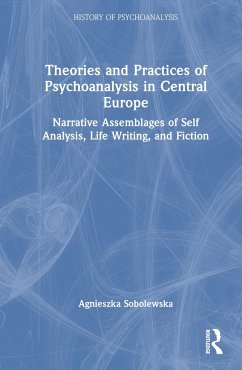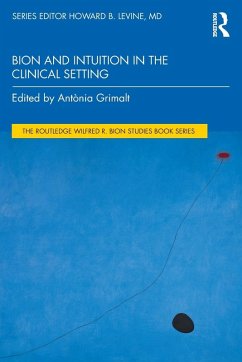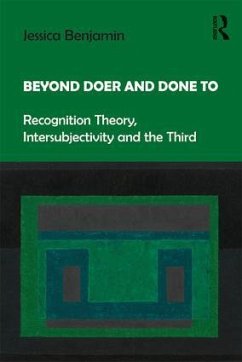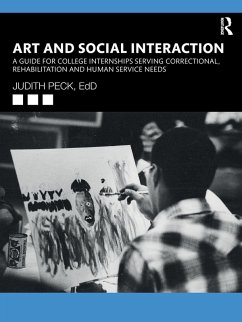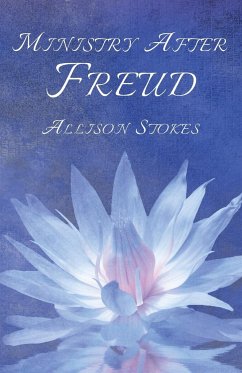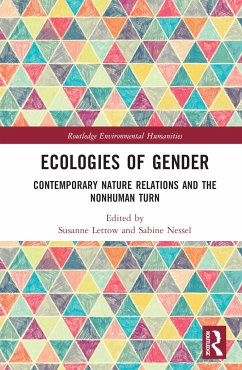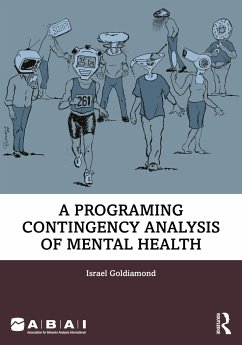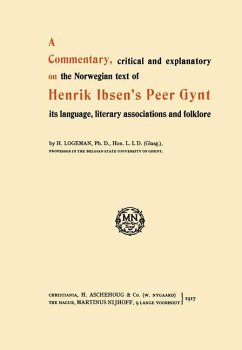Nicht lieferbar
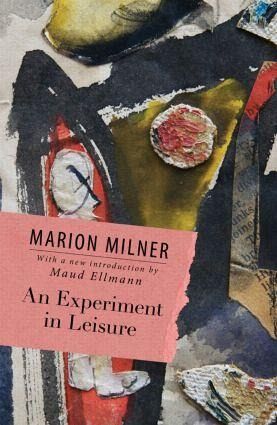
An Experiment in Leisure
What is it that stops people from knowing what they want? How often do we wonder where we are going and what our world is all about?Written in 1936 as a companion piece to A Life of One's Own, An Experiment in Leisure further charts Marion Milner's illuminating and rewarding investigation into how we lead our lives. Instead of drawing on her daily diary, she turns to memory images - images not only from her own life but also from books, mythology, travel and religion that seem to point to a suspension of ordinary, everyday awareness. From this condition of emptiness springs an increasing imagi...
What is it that stops people from knowing what they want? How often do we wonder where we are going and what our world is all about?
Written in 1936 as a companion piece to A Life of One's Own, An Experiment in Leisure further charts Marion Milner's illuminating and rewarding investigation into how we lead our lives. Instead of drawing on her daily diary, she turns to memory images - images not only from her own life but also from books, mythology, travel and religion that seem to point to a suspension of ordinary, everyday awareness. From this condition of emptiness springs an increasing imaginative appreciation both of being alive and of the world we live in.
With a new introduction by Maud Ellmann, An Experiment in Leisure remains a great adventure in thinking and living and will be essential reading for all those from a literary, an artistic, a historical, an educational or a psychoanalytic/psychotherapeutic background.
Written in 1936 as a companion piece to A Life of One's Own, An Experiment in Leisure further charts Marion Milner's illuminating and rewarding investigation into how we lead our lives. Instead of drawing on her daily diary, she turns to memory images - images not only from her own life but also from books, mythology, travel and religion that seem to point to a suspension of ordinary, everyday awareness. From this condition of emptiness springs an increasing imaginative appreciation both of being alive and of the world we live in.
With a new introduction by Maud Ellmann, An Experiment in Leisure remains a great adventure in thinking and living and will be essential reading for all those from a literary, an artistic, a historical, an educational or a psychoanalytic/psychotherapeutic background.





